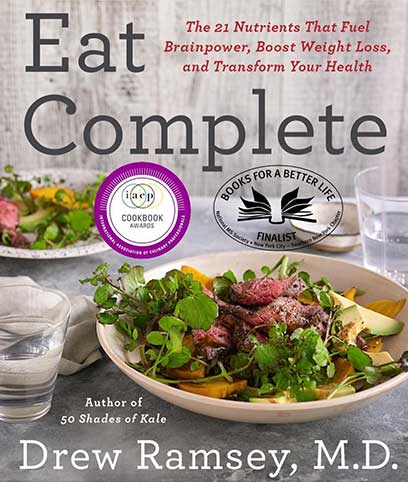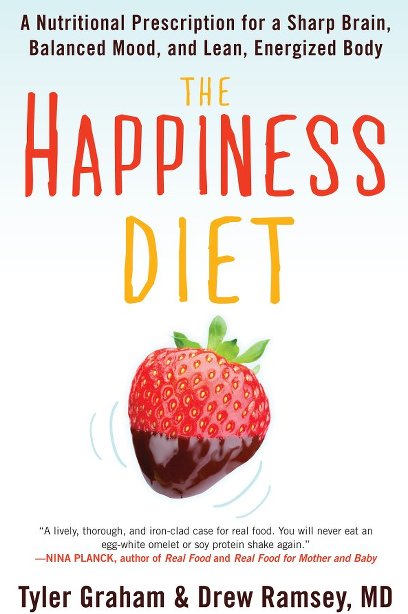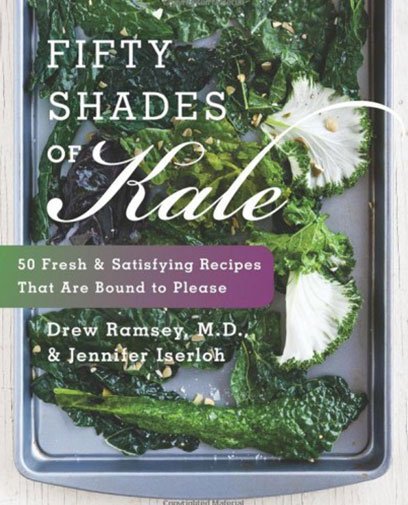The omega-3 fat DHA is essential for healthy brain – it is a primary component of neurons and is also converted to molecules that protect the brain. For most people DHA comes from the diet, but you also make DHA in your liver. This study looks at the enzymes in the liver that make DHA. It shows that those with major depressive disorder have less expression of the genes that make DHA. The genes involved in making long-chain polyunsaturated fatty acids and monounsaturated fatty acid, both required for good health, are not as present ie “down-regulated” in the prefrontal cortex of MDD patients. The study was only 10 patients, but this was of human brains postmortem, which is quite interesting data. I’ve been seeing a lot of data on DHA and suicide and I wonder if this pathway provides the sort of Biosignatures that my colleague Maria Oquendo, MD is investigating?
| Authors | RK McNamara, Y Liu |
| Institution | Department of Psychiatry, University of Cincinnati College of Medicine |
| Publication Name | Journal of Affective Disorders |
| Publication Date | March 2011 |
BACKGROUND:
Major depressive disorder (MDD) is associated with central and peripheral deficits in long-chain polyunsaturated fatty acids (LC-PUFA), particularly those in the omega-3 fatty acid family. However, the etiology of these deficits remains poorly understood, and there is currently little known about the expression of genes that mediate fatty acid biosynthesis in MDD patients.
METHODS:
The expression of FADS1 (Δ5 desaturase), FADS2 (Δ6 desaturase), HELO1 [ELOVL5] (elongase), PEX19 (peroxisome), and SCD (stearoyl-CoA desaturase [Δ9 desaturase]) was determined in the postmortem prefrontal cortex of MDD patients (n=10) and non-psychiatric controls (n=10) by real-time reverse transcriptase polymerase chain reaction (RT-PCR).
RESULTS:
After correcting for multiple comparisons, FADS1 mRNA expression was significantly lower in MDD patients relative to controls (-27%, p=0.009), and there were trends for lower expression of FADS2 (-30%, p=0.07), HELO1 (-37%, p=0.02), and SCD (-43%, p=0.02). PEX19 mRNA expression did not differ between controls and MDD patients (-2%, p=0.92). There were no significant gender effects, and relative reductions in FADS1, HELO1, and SCD expression were greater in patients that did not commit suicide compared with patients that did commit suicide.
LIMITATIONS:
The sample size was small, and all MDD patients were receiving antidepressant medications.
CONCLUSIONS:
Principal genes involved in LC-PUFA and monounsaturated fatty acid biosynthesis are down-regulated in the postmortem prefrontal cortex of MDD patients. Additional studies are needed to replicate and extend these findings in a larger sample that includes antidepressant-free MDD patients.








